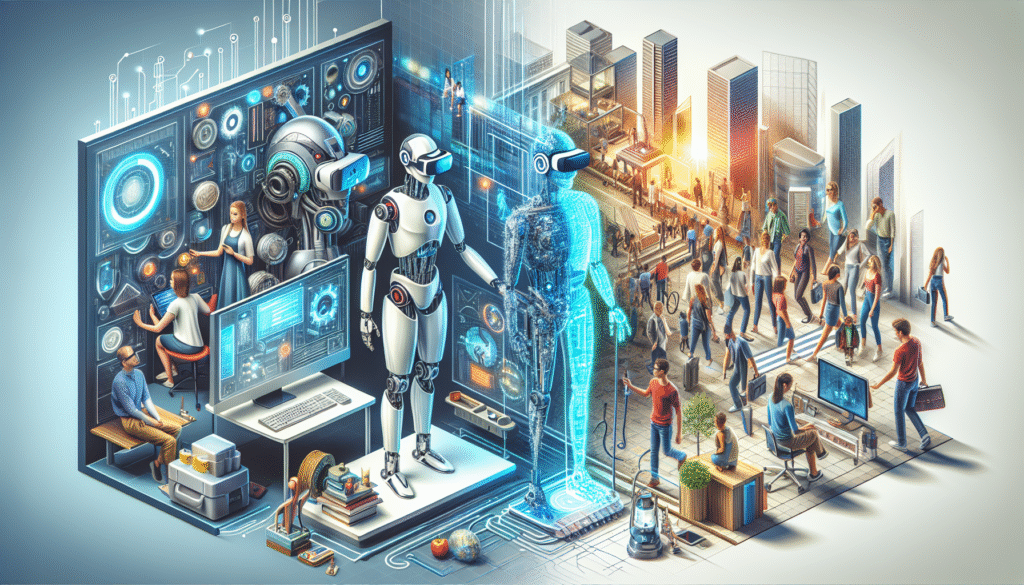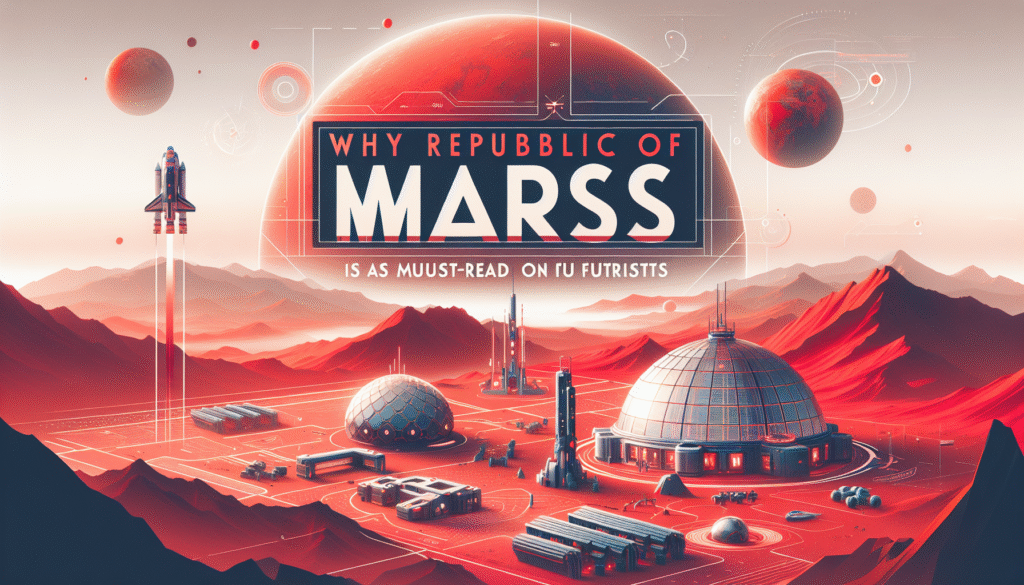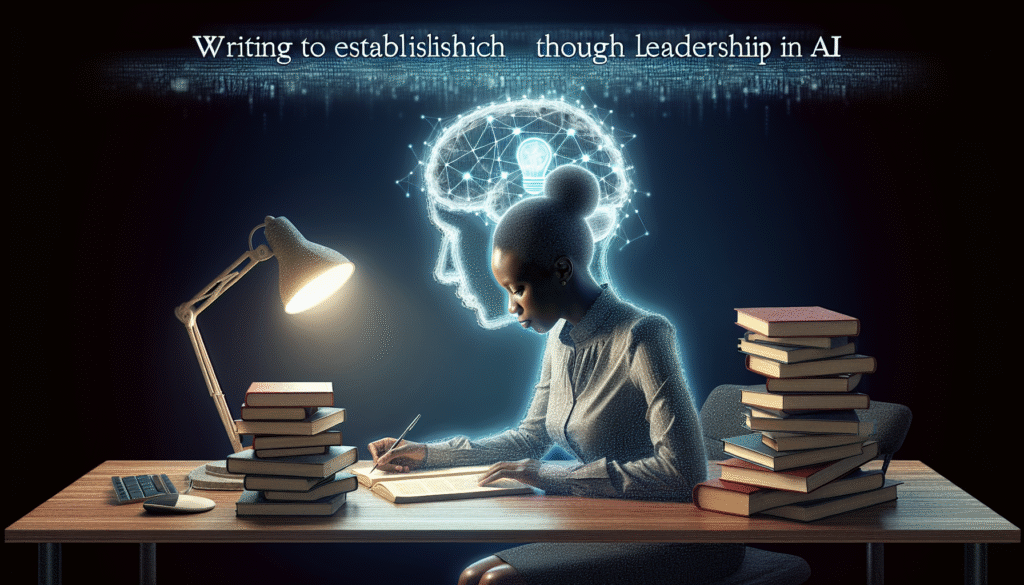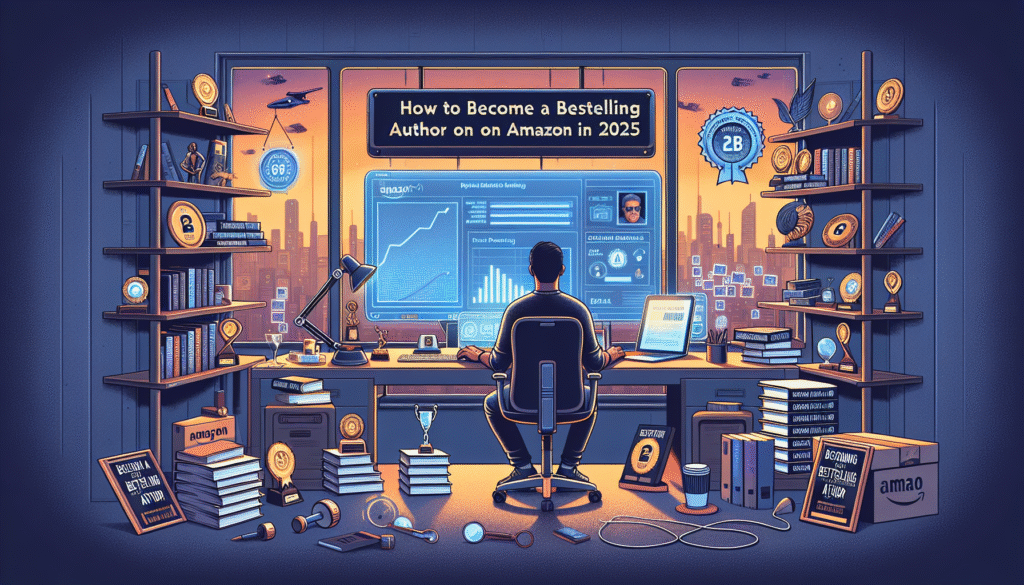Artificial Intelligence (AI) has emerged as one of the most transformative technologies of our time. Its influence permeates various aspects of contemporary life, reshaping industries, altering social dynamics, and redefining personal interactions. As we explore the various ways AI affects our world, it becomes evident that its impact is profound, both positively and negatively.
Economic Transformation
One of the most significant impacts of AI is its capacity to enhance productivity across various sectors. Automation of routine tasks has streamlined operations in industries such as manufacturing, logistics, and finance. Companies employing AI-driven systems can analyze vast amounts of data to optimize processes, predict consumer behavior, and improve decision-making. For example, retailers utilize AI algorithms to forecast demand, manage inventory, and provide personalized shopping experiences, leading to increased efficiency and customer satisfaction.
However, this shift towards automation also raises concerns regarding job displacement. While AI can enhance productivity, it may render certain jobs obsolete, particularly in areas such as data entry and assembly line work. The challenge lies in managing this transition and ensuring that the workforce is adequately retrained for new opportunities that technological advancement creates, such as in AI development, data science, and cybersecurity.
Ethical Considerations
AI’s integration into society raises pressing ethical questions. The use of AI in surveillance, for instance, poses challenges related to privacy and civil liberties. Governments and corporations use AI technologies to monitor behaviors, leading to concerns about the balance between security and personal freedoms. Moreover, algorithms can inadvertently perpetuate biases found in data, resulting in unfair treatment in areas like policing, hiring, and lending.
Establishing ethical standards and regulations is essential to govern AI deployment. Research in AI ethics is gaining traction, focusing on creating frameworks that prioritize fairness, accountability, and transparency. As society grapples with these issues, the need for ongoing dialogue among technologists, ethicists, and lawmakers becomes increasingly crucial.
Social Interaction and Communication
AI has also dramatically transformed how we communicate and interact. From virtual assistants like Siri and Alexa to chatbots handling customer service inquiries, AI systems are now integral to our daily interactions. Social media platforms leverage AI algorithms to curate content, engage users, and offer personalized experiences.
However, this shift has implications for mental health and social well-being. The rise of AI-facilitated communication can lead to superficial interactions, as people increasingly engage with machines rather than one another. Furthermore, concerns have arisen about the dissemination of misinformation and polarization fueled by AI-driven algorithms that prioritize sensational content over factual reporting.
Healthcare Innovations
In healthcare, AI has proven transformative, enabling advancements in diagnostics, treatment options, and patient care. Machine learning algorithms analyze medical images and patient data to identify diseases more accurately and quickly than traditional methods, improving outcomes and saving lives. AI-driven predictive analytics can also identify at-risk patients, tailoring preventive measures and personalized treatment plans.
Despite these advancements, challenges remain, particularly regarding data privacy and the ethical implications of AI-driven decision-making in medical contexts. Ensuring that AI tools augment, rather than replace, human judgment is essential in this sensitive field.
Future Prospects
Looking forward, the potential of AI appears boundless. Innovations in autonomous vehicles, smart cities, and personalized education promise to further reshape our societal landscape. As AI continues to evolve, its integration into society will necessitate thoughtful deliberation concerning its implications, benefits, and risks.
To harness the full potential of AI while mitigating its drawbacks, a collaborative approach among governments, industries, and communities is essential. By prioritizing ethics, fostering education, and encouraging responsible innovation, society can strive for a future in which AI enhances the human experience rather than detracts from it.
Conclusion
The impact of artificial intelligence on modern society is multifaceted and complex. As it reshapes economies, influences ethical discussions, alters social interactions, and advances healthcare, the future of AI remains both promising and uncertain. Engaging in informed discussions about its role in our lives and legislating effectively for its use will be critical as we navigate this new technological landscape. The challenge lies not only in leveraging its advantages but also in addressing the ethical and social implications that come with such profound change.










